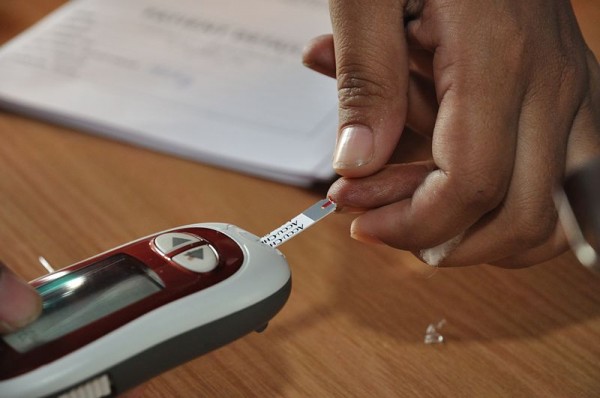Overeating May Be Overcome With Exercise
By Staci Gulbin, MS, MEd, RD, LDN
Do you sometimes overeat at social events, when you get stressed, or because you’re bored? Do you feel guilty after overeating, since it may derail the progress you have made in your healthy eating plan? No need to worry; just get moving! A recent study has shown that intense exercise may help to cancel out your overeating.
The research
A 2013 study from the Journal of Physiology looked at whether working out can make up for eating to excess. A group of men was divided into two smaller groups:
- One group was asked to eat 1.5 times more than normal and exercise less than 4,000 steps, or 2 miles a day.
- The other group was asked to eat 1.5 times more than normal and perform 45 minutes of treadmill running a day.
After a week of the study, the group who did not exercise very much had an insulin response two times higher than before they started the study. The insulin response did not change in the study group that had a hard workout every day.
What do these results mean?
When there is a high insulin response, the body is trying to release as much insulin as possible to get extra glucose out of the blood and into cells to be used as energy. When a person eats too much and does not exercise, blood glucose levels will go up. However, when people eat too much, but then exercise hard, the extra glucose will be used to fuel the body and blood glucose levels will remain normal.
So how can I use exercise to keep my blood glucose levels on track?
- Keep moving throughout each day! Stay active most days of the week through walking, cleaning the house, working in the yard, or dancing, for example. Staying active most days of the week has been found to lower body weight, heart disease risk, and help maintain blood glucose levels.
- Challenge yourself in your workouts. Start out with gentle walking each day. Then, as you move forward in your exercise regimen, walk or jog a little faster. You can also add light free weights to your exercise routine to add muscle and burn more calories.
- Work out extra hard before special occasions. If you know you will be going to a holiday event or eating out for a special meal, work out extra hard the morning before. That way, any excess calories you eat will be balanced out by the blood glucose you burned in your workout.
Continue to limit those times when you overeat, and work out extra hard when you do. Stay active as often as possible to keep your blood glucose levels in check and remain healthy for life.













